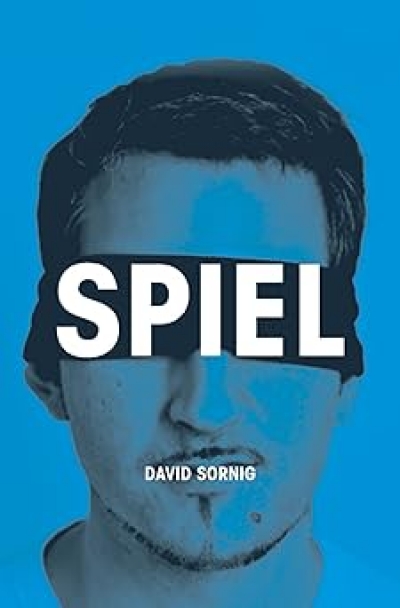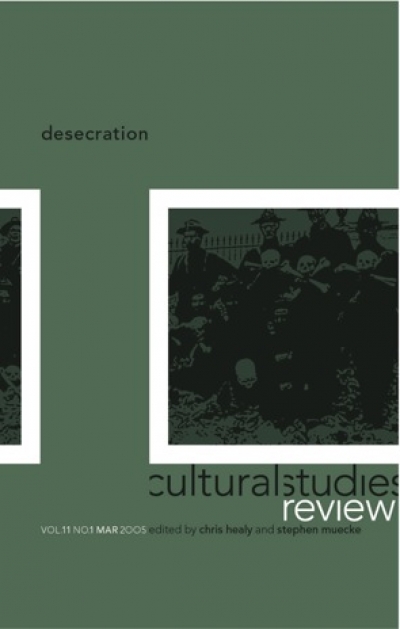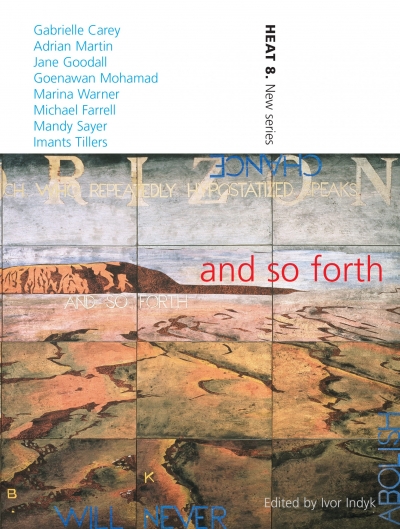Melinda Harvey
Antipodes: The North American journal of Australian literature, Vol. 19, No. 2 by Nicholas Birns
by Melinda Harvey •
Meanjin edited by Ian Britain & Overland No. 181 edited by Nathan Hollier
by Melinda Harvey •
Cultural Studies Review edited by Chris Healy & Stephen Muecke & Australian Historical Studies edited by Joy Damousi
by Melinda Harvey •
Heat 8 edited by Ivor Indyk & Life Writing Vol. 1 No. 2 edited by David McCooey
by Melinda Harvey •






